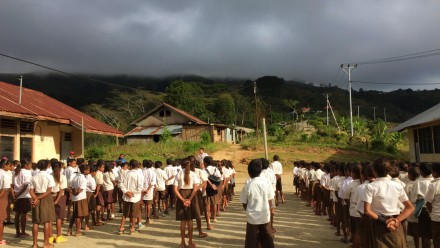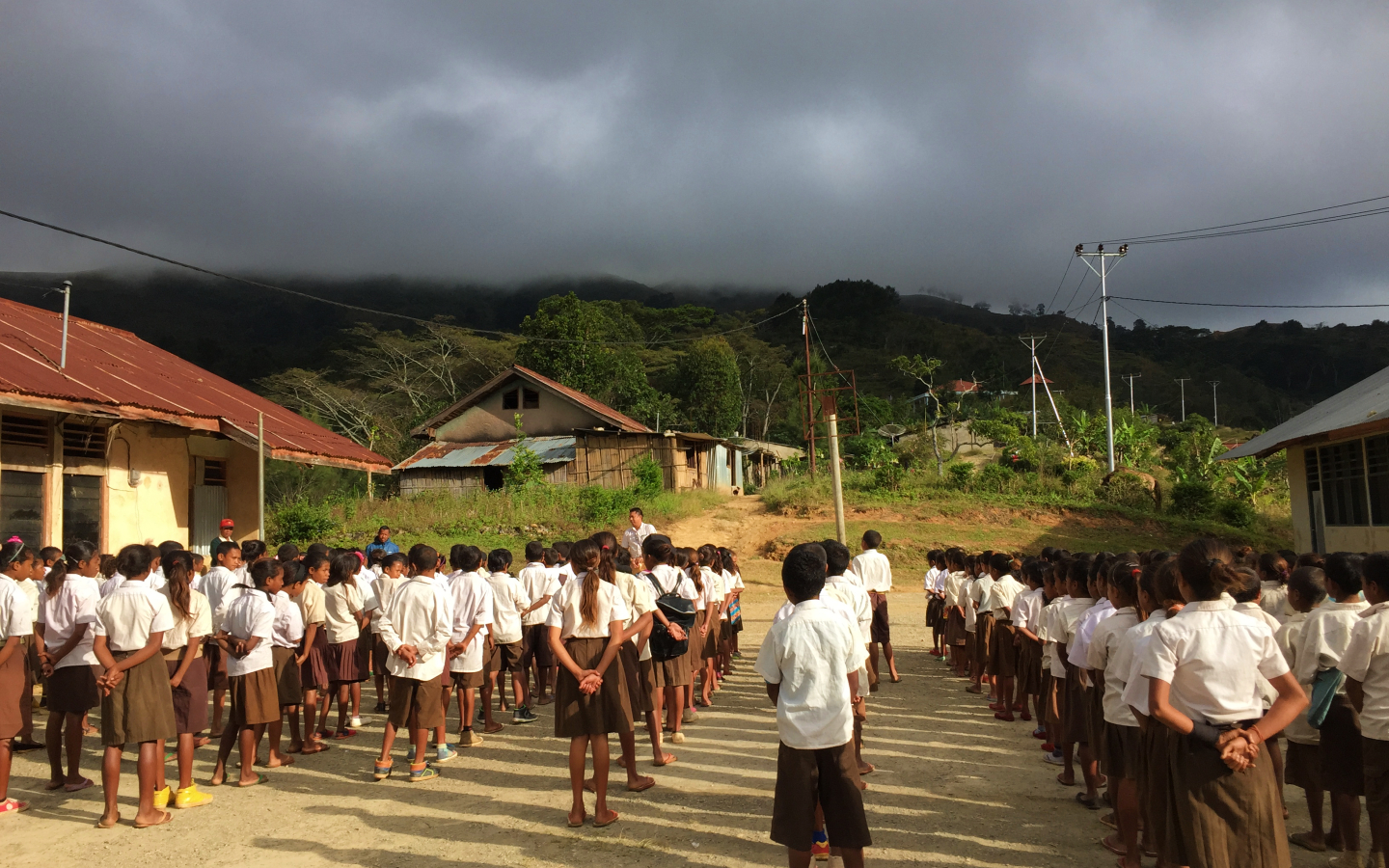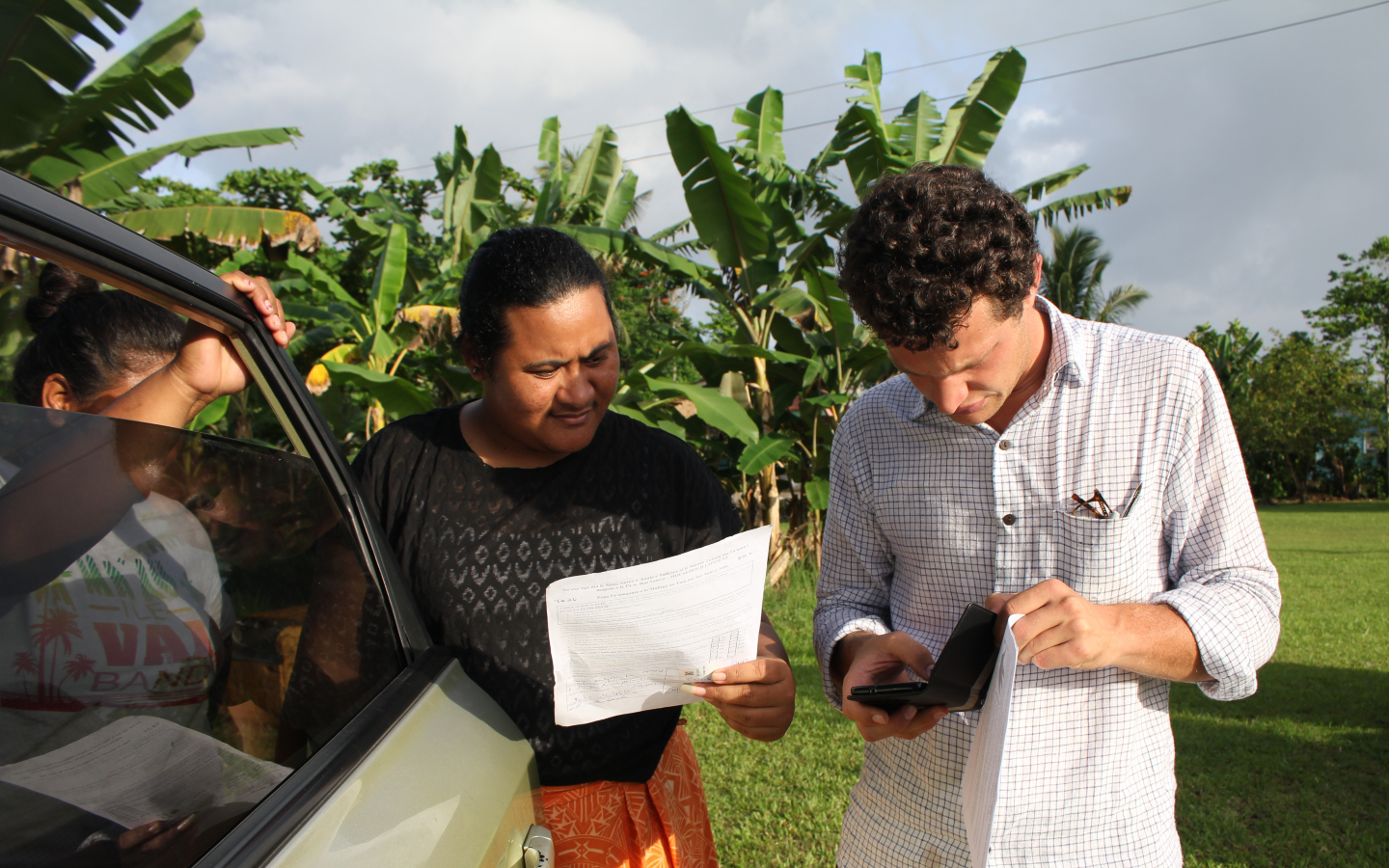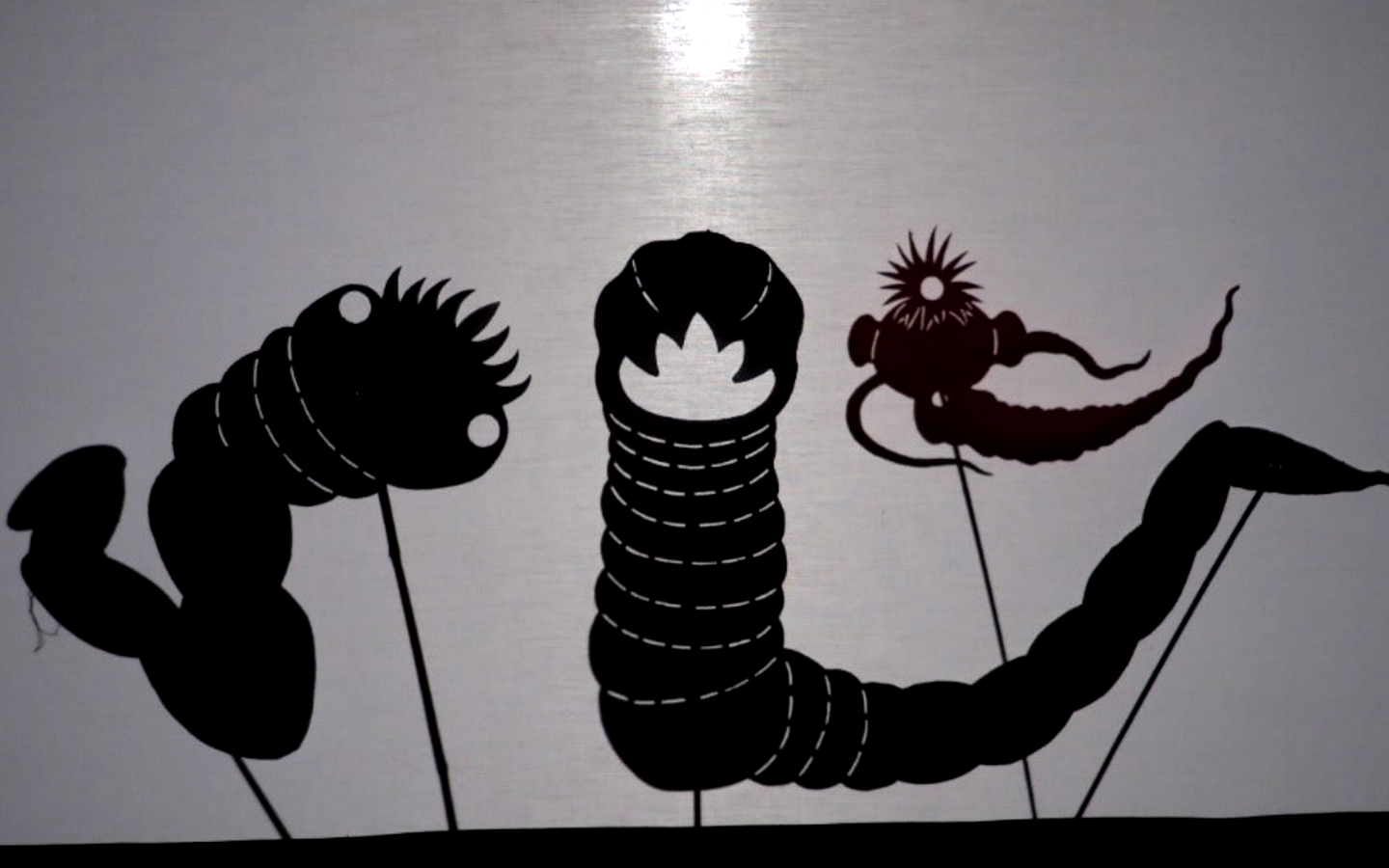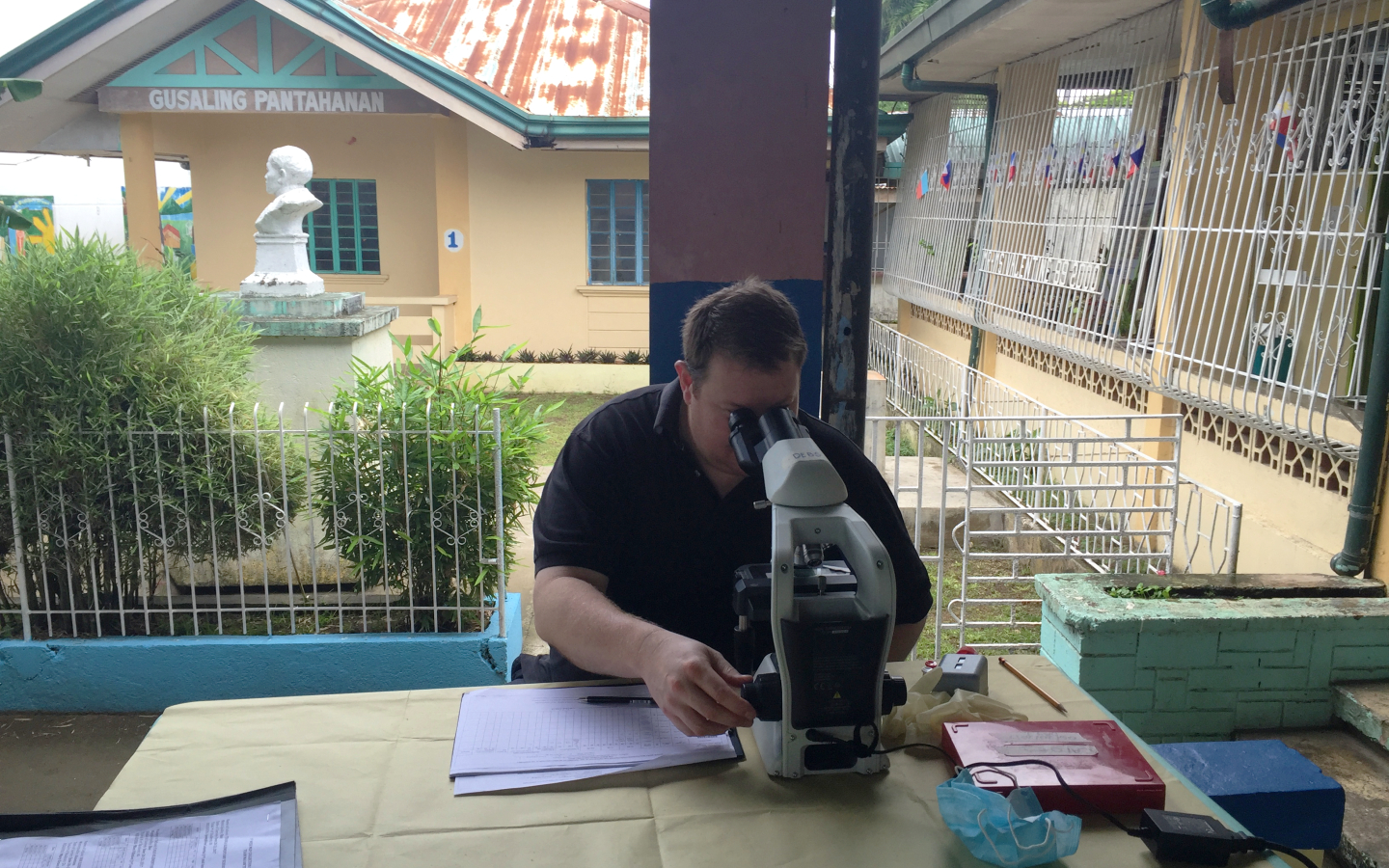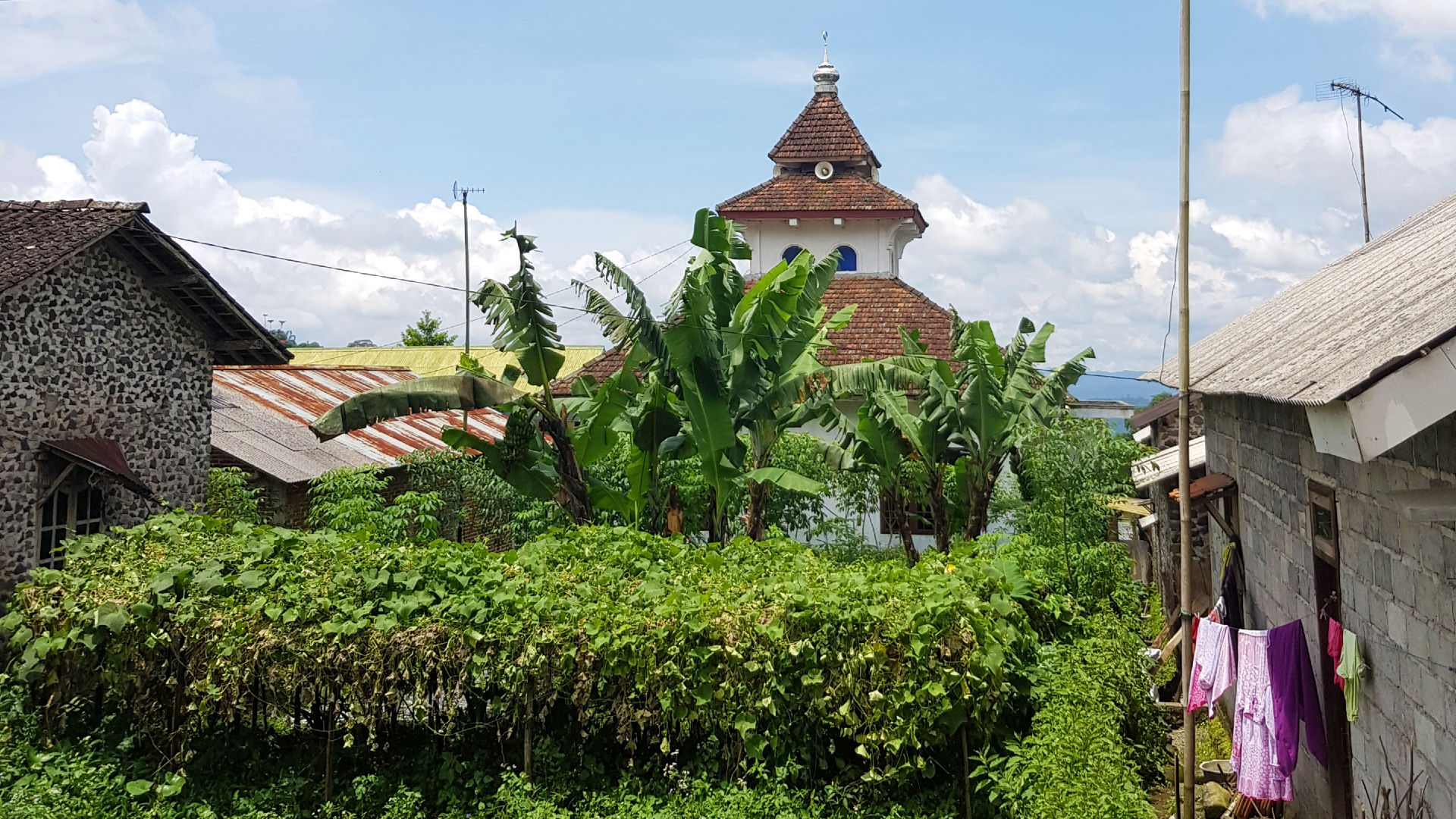The fight against neglected tropical diseases
Share
One in five people are affected by neglected tropical diseases (NTD), and are primarily those living among extreme poverty. These diseases blind, disable and disfigure people, taking away not only their health, but also their chances of staying in school, earning a living, or even being accepted by their family or community.
“On this the second World NTD Day we celebrate the success to date in the fight against NTDs but also acknowledge the challenging road ahead in the wake of COVID-19,” says Professor Darren Gray, Head of Department of Global Health.
Professor Gray is keen to point out that while people might assume NTDs are not a problem in Australia, in fact a number of NTDs can be found here including scabies, trachoma, buruli ulcer, leprosy, echinococcosis (caused by tapeworm), soil-transmitted helminths (parasitic worm) and strongyloidiasis (caused by roundworm).
The good news is that people around the world are working hard to eliminate these diseases. Find out how RSPH researchers are finding solutions to eradicate these diseases in our photo-essay below.
Children lining up at school in Timor-Leste to learn about an RSPH research project aimed at controlling intestinal worms.
Dr Naomi Clarke: “More than 50% of children in this part of Timor-Leste are infected with intestinal worms, with potential impacts on their growth and development.”
In the field working toward eliminating lymphatic filariasis and scabies from Samoa.
Associate Professor Colleen Lau: “The primary aim of the mosquito survey are to investigate associations between the presence of filarial parasites in mosquitoes and in humans at the village level.”
"Rama and the Worm" is an entertainment-based health promotion intervention which uses traditional Javanese shadow puppetry.
Dr Johanna Kurscheid: “Health education using traditional art forms can be engaging, entertaining, and educational while respecting local cultures.”
Professor Darren Gray looking at soil-transmitted helminth eggs from infected children in the Laguna province field lab as part of the Magic Glasses Project.
Professor Darren Gray: “Believe it or not, intestinal worms can hinder a child’s learning potential.”
The Magic Glasses – a culturally adapted animated narrative cartoon video – aims to help millions of Filipino children from getting intestinal worm infections.
PhD Candidate Mary Lorraine Mationg: “A picture can paint a thousand words, and a video can help save millions of lives.”
ANU researchers are making far-reaching changes to sanitation and health in Indonesian communities.
Dr Eindra Aung: “Children with long-term infections may not have the energy and cognitive ability to fully engage in their studies.”
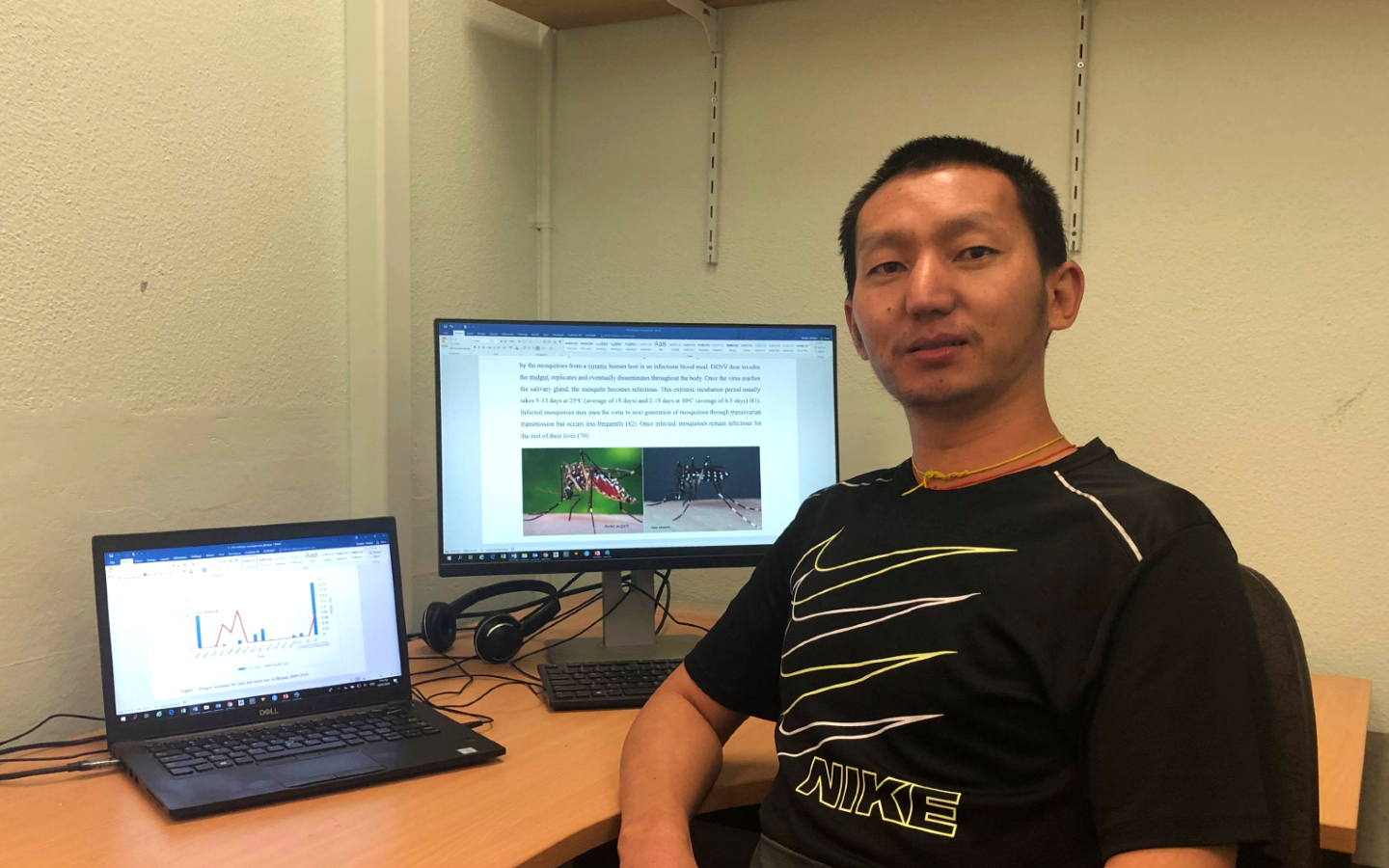
Field work is only part of the research we do. Our researchers spend many hours analysing data once they return home.
PhD candidate Tsheten Tsheten: Understanding the epidemiology of dengue in Bhutan is crucial for planning intervention strategies for disease control.
Only 35% of homes in rural Indonesia have a flushable toilet, but the BALatrine program aims to change that with more than 2,400 latrines installed so far.
Professor Darren Gray: Poor sanitation is a major cause of diarrhoea, the second biggest killer of children in developing countries, and contributes to intestinal worm infection.
This World NTD Day also marks the launch of the WHO NTD road map for 2021-2030, which has the overarching targets of:
- 90% fewer people requiring interventions against NTDs
- 75% fewer NTD-related DALYs
- 100 Countries having eliminated at least 1 NTD
- 2 NTDs eradicated (dracunculiasis & yaws)
The roadmap embraces integrated control approaches, multi-sectoral coordination, universal health coverage and Country ownership. You can view the roadmap launch here.
By Liz Drummond.







